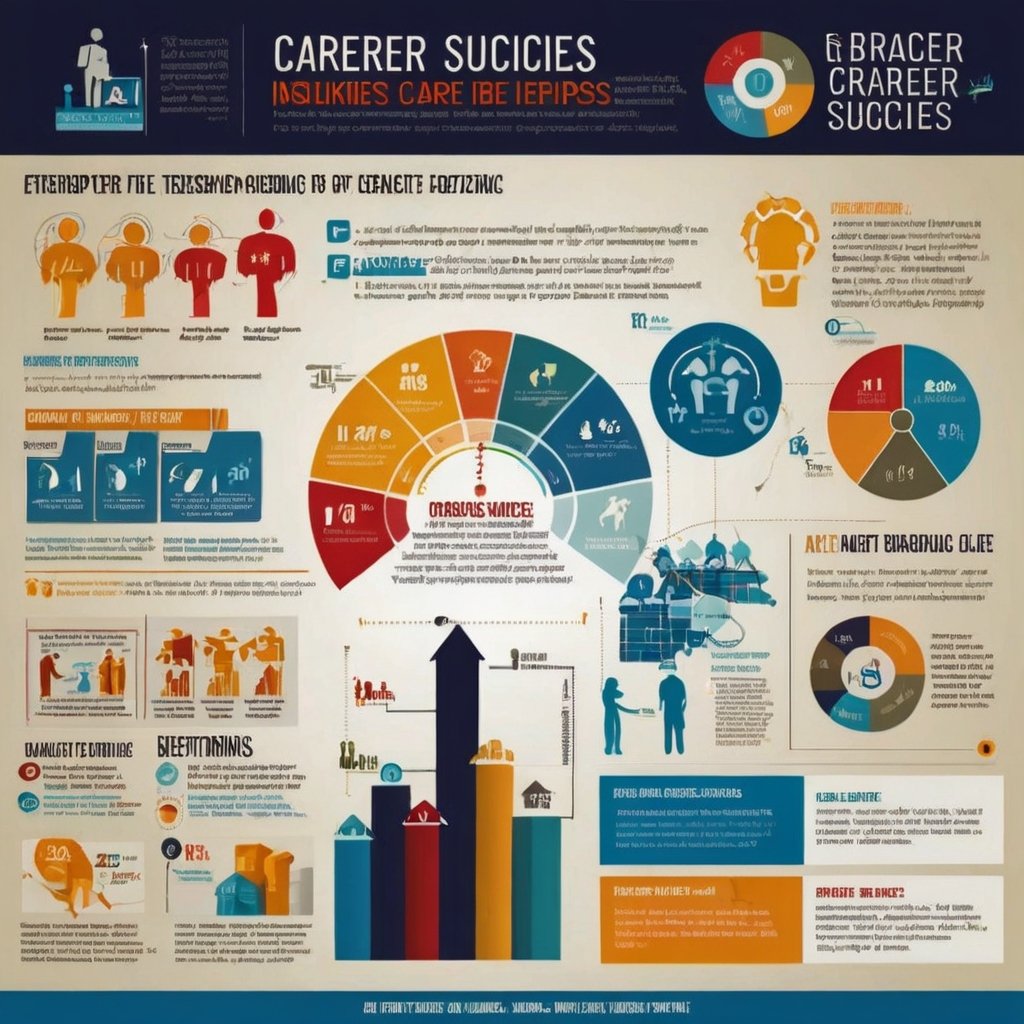The Impact of Positive Thinking: Releasing the Bonds of Optimism
People who concentrate on positive results face better mental health, showing a beneficial impact of positive thinking. Moreover, many individuals might have heard the saying,” Like attracts like”. It means a positive mindset will make positive results.
Positive behavior and outlook enable you to handle challenges in daily life effectively. A positive-minded person awaits joy, health, and victory. They believe they can overcome any hurdle and challenge. It would help if you continuously reminded yourself that changing your thinking is good for yourself.
When you start thinking negatively, it is difficult to stop. Shifting to positive thoughts is not easy, but it is the only crucial way to avoid unnecessary pain and hardship. This article will explore all you need to know about positive thinking.
What Is Positive Thinking?

Positive thinking entails addressing life’s challenges with a positive mindset. It is not about minimizing life challenges and difficulties by seeing the world through rose-colored lenses. Positive thinking is not about ignoring challenging situations. It is about changing possible hurdles into growth opportunities, viewing the good in others, and maintaining positive behavior toward yourself and your abilities.
Some researchers, such as positive psychologist Martin Seligman, describe positive thinking with an explanatory style. Positive thinkers usually utilize an optimistic explanatory style, but attribution varies with the particular event. A positive thinker may utilize a pessimistic explanatory style under challenging situations, whether at work or school.
Positive Psychology vs. Positive Thinking

Numerous individuals use “positive thinking” and “positive psychology” synonymously. However, they are both different. Positive thinking means looking at things from a positive perspective.
This kind of thinking focuses and builds on aspects such as hope, joy, love, and gratitude. Positive psychology, as a part of psychology, has the purpose of explaining optimism and also providing the best time when you can use it
The Power of Optimism: How Positive Thinking Benefits Health

In a few years, positive thinking has attained lots of attention. Even if positive thinking doesn’t come naturally, there are several reasons to think positively and reduce negative self-talk.
Reduced Stress
Positive thinkers manage stressful situations more successfully than negative thinkers, and they experience less anxiety and worry. Instead of focusing on unchangeable things, they make a plan and take advice from assistance. On the other hand, negative thinkers assume that the situation is not in their control and they can change nothing.
Increased Immunity
In the past few years, researchers have explored how the mind substantially impacts the body. Immunity is a specific area where a person’s thoughts and behavior can powerfully impact. One published article has suggested that the more a person thinks positively, the more it can cope with disease.
Improved Wellness
Positive thinking influences stress, immunity, and overall well-being. It decreases the risk of death from heart disease, reduces depression, and increases life span. Researchers have a clear concept of the benefits of positive thinking on health.
Some researchers advise that positive individuals lead to a healthy lifestyle. Handling stress and ignoring unhealthy behavior can enhance health and overall well-being.
Better Resilience
Resilience is the capability to manage issues. Resilient individuals can manage trauma with strength. They can show resilience by overcoming challenges instead of giving up in stressful situations. Positive thinking can play an important role in resilience.
While dealing with difficulties, positive thinkers view what they can do to resolve issues. Rather than losing hope, they organize their resources and ask for help.
Optimism and Mental Health: Managing Depression and Anxiety

Positive thinking considerably influences mental health by decreasing stress, improving well-being, and encouraging resilience. Many studies have revealed that people with positive thinking experience less depression and anxiety. It is because positive thinkers concentrate on solutions rather than problems.
One main advantage of positive thinking is that it increases resilience. Resilient people can speedily and effectively overcome adversity, representing flexibility and resilience.
When Positive Thinking May Not Be Helpful
Before seeing unrealistically constructive behavior, it is essential to identify that positive thinking is not equal to Pollyanna’s approach. However, optimism is not fruitful in some situations.
It is impractical to be optimistic during a crisis when rapid and essential actions are required. For example, an impractically optimistic person can not judge the risk of diseases such as cancer, heart attack, etc.
Challenging experiences are part of life. Sometimes, others’ actions disappoint or hurt us. However, this doesn’t mean the whole world is not in our favor or that everybody can fail us. Positive thinkers view situations practically, seek methods to improve conditions, and learn from other experiences.
Conclusion
The impact of positive thinking goes beyond emotional well-being and influences overall life satisfaction. Grasping the science of optimism and executing practical approaches enables individuals to unlock positive thinking’s transformative capabilities. Positive thinking requires a holistic approach, acknowledging challenges while searching for solutions and positive outcomes.











